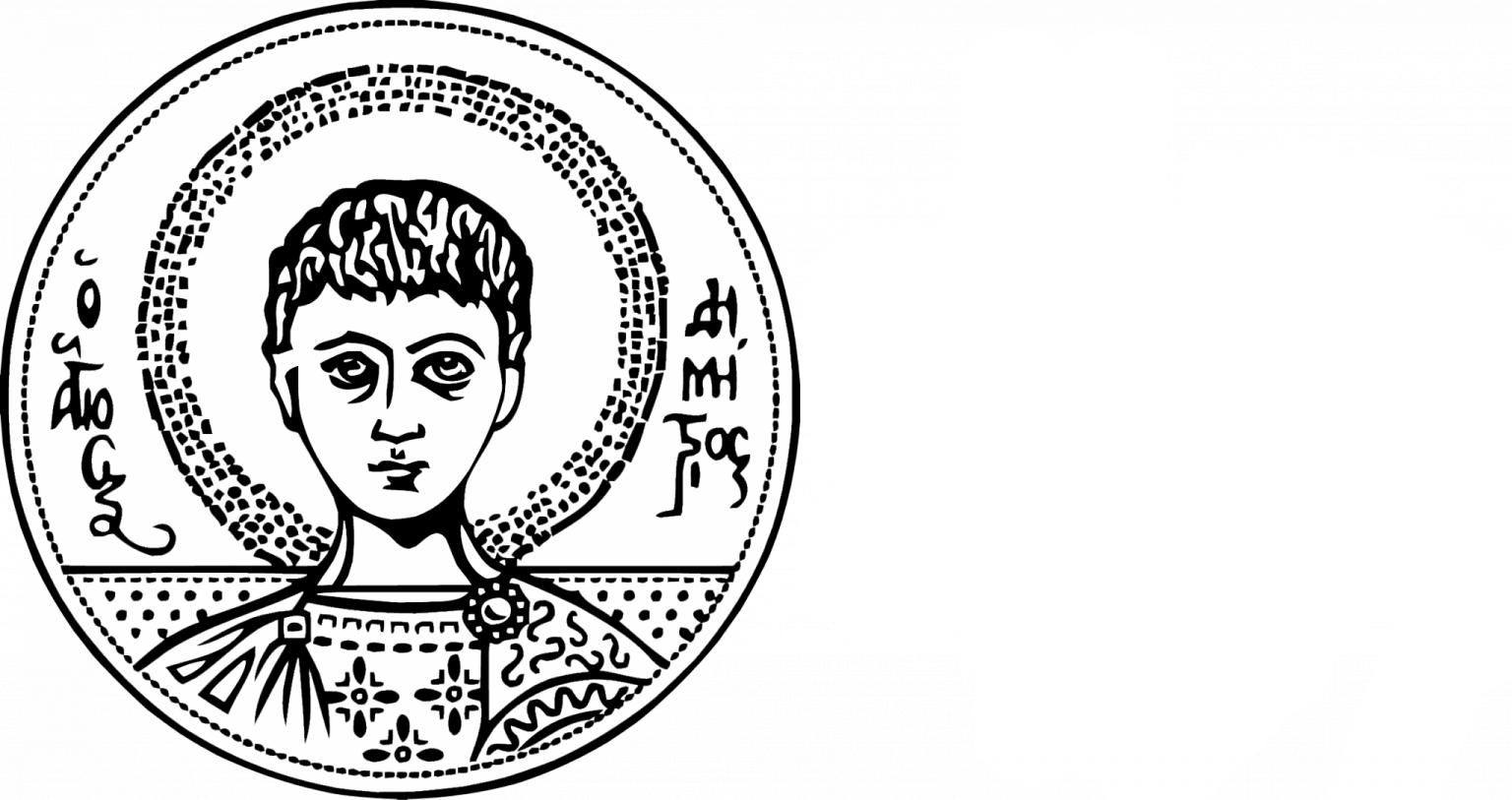
THE DEPARTMENT OF FOOD SCIENCE & TECHNOLOGY
History
The Department of Food Science and Technology is part of the Agricultural School of the Aristotle University of Thessaloniki, Greece. It was established as a separate administrative, educational and research unit in 1982, following regulation 1268/82. However, the basic laboratories of the Food Science and Technology Department have been active since 1926, when the School of Agriculture was founded, and since 1976 the specialization in “Agricultural Industries – Food Science and Technology” was offered as one of the five specializations in the School of Agriculture. Thereupon, in 2012 the Department is completing a 35-year long cycle with remarkable contribution in Food Science in general and in the Greek Food Industry.
Mission
Central mission of the Department is the education of the undergraduate, graduate and doctoral students in a wide spectrum of disciplines related to Food Science and Technology (also see detailed course schedule). At the same time, the Department is developing intense research activities with participation in Research Projects funded by Greek and European sources. Through specific and specially designed research programs the Department is providing solutions for issues affecting the Food Industry, while at the same time offers educational seminars aimed towards food industry personnel in topics that are currently of interest to them.
Location – Structure – Personnel
Since June of 2005 the Department is housed in a 2.000 m2 building in the farm area of the Aristotle University of Thessaloniki (in Thermi).
The regular personnel of the Department includes 10 teaching staff ranging from lecturers to full professors and covering all the Food Science disciplines, 8 laboratory technicians and 2 for administrative and technical support.
There is also a varying number of Graduate and Doctoral students who are involved in research activities.
Head of Department: Gerasopoulos, Professor, Technology of Horticultural Crops
The Department is organized in fιve (5) Laboratories:
1. Laboratory of Food Processing and Engineering
2. Laboratory of Food Chemistry and Biochemistry
3. Laboratory of Food Microbiology and Hygiene
4. Laboratory of Dairy Technology
5. Laboratory of Oenology and Alcoholic Beverages
Education
The undergraduate Food Science and Technology curriculum is five-years long and it is designed so that the students graduating from the program should be able to meet the expectations and demands of the Food Inspection Agencies and of the Food Industry.
The undergraduate program is divided into two study cycles. The first 5 semesters represent the first one and the next 5 semesters represent the second cycle.
Also there are two Graduate-level programs.The first is a two-year long program leading to a Master’s degree (M.S.) and the second is at least three-years long leading to a Ph.D. degree. In order for a candidate to be accepted in the Ph.D. program, an M.S. degree is required.
The educational activities of the Department personnel are mostly related to the second cycle of the undergraduate studies as well as the two graduate programs.
Research activities and collaborations
The Department personnel and students are involved in a wide range of research projects, in collaboration with other Greek and European Universities or research institutes. The research performance (number of publications in peer-reviewed scientific journals and number of citations) is very significant as indicated by the inclusion of a member of the Department personnel in the highly cited researchers list, where only two Greek scientists serving in Greek institutions on any research discipline have been included. This list identifies individuals, departments and laboratories that have made fundamental contributions to the advancement of science and technology in recent decades.
The Department offers many opportunities for undergraduate and graduate student mobility programs within the European Union for course attendance or thesis elaboration within the Socrates / Erasmus framework.
Moreover, the Department is actively involved in European Thematic Networks aiming at the standardization of Food Studies across the European Union.
Other activities
Aside from the educational and research activities, the Department is actively advancing joint projects with the Food Industry, based on the belief that it is useful and necessary for the University to maintain contact and open communication with the Food Industry. This can help in the improvement of the level of the graduating food scientists (e.g. through practical training) and also in the advancement of the Food Industry through the training of its personnel, the solution of technological problems, the development of new products, etc.
An other activity of the Department is the advising of the Consumer on topics related to food safety and quality and on other relevant issues that may draw the attention of the Greek Society. For this reason, the Department in cooperation with other related agencies is organizing periodically meetings open to the public.
Also the Department implements training programmes (Cheese-making Course, Oenology Course) and Educational Courses for elementary schools on nutrition, health and wellbeing.


 School of Agriculture, Faculty of Agriculture, Forestry and Natural Environment
School of Agriculture, Faculty of Agriculture, Forestry and Natural Environment